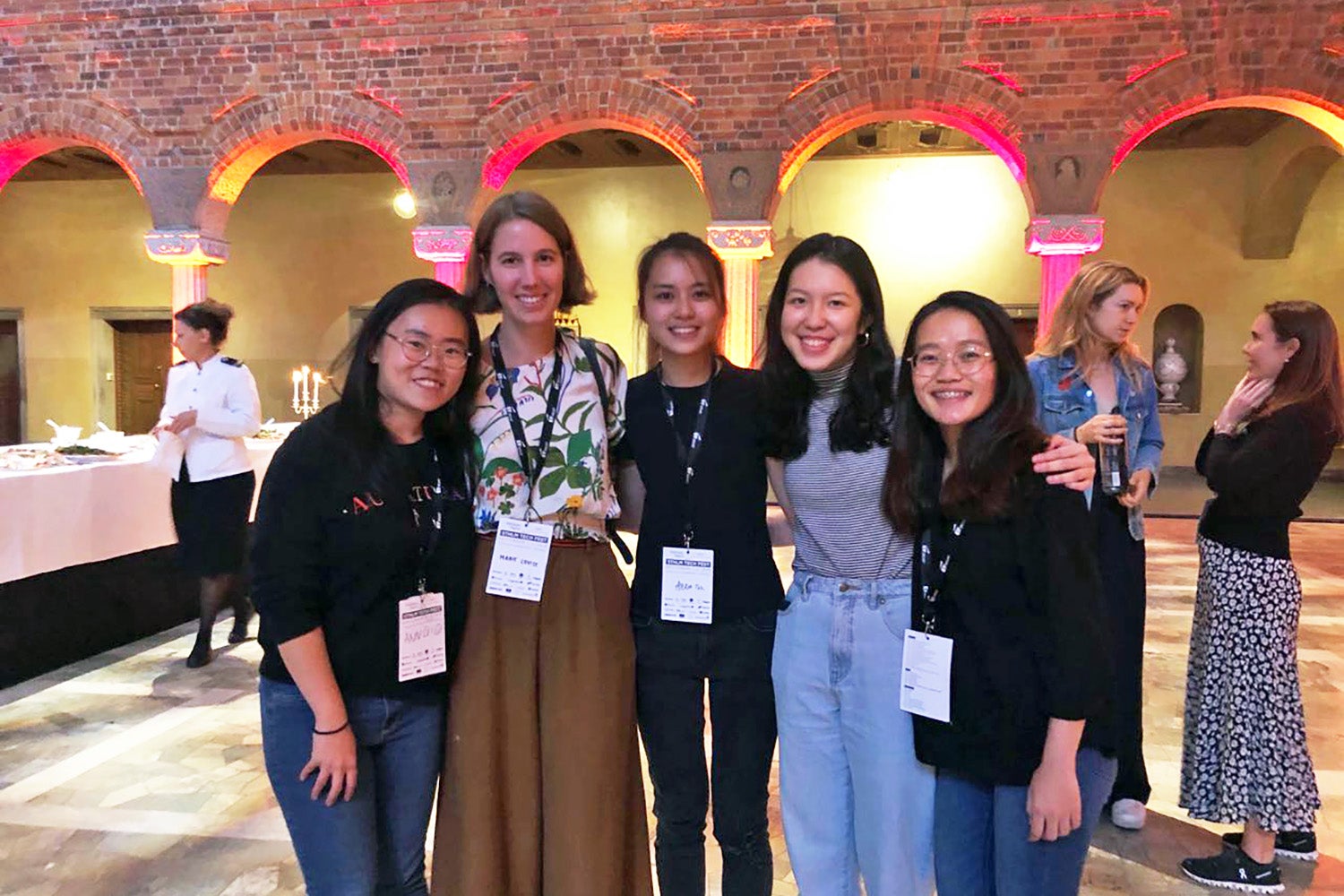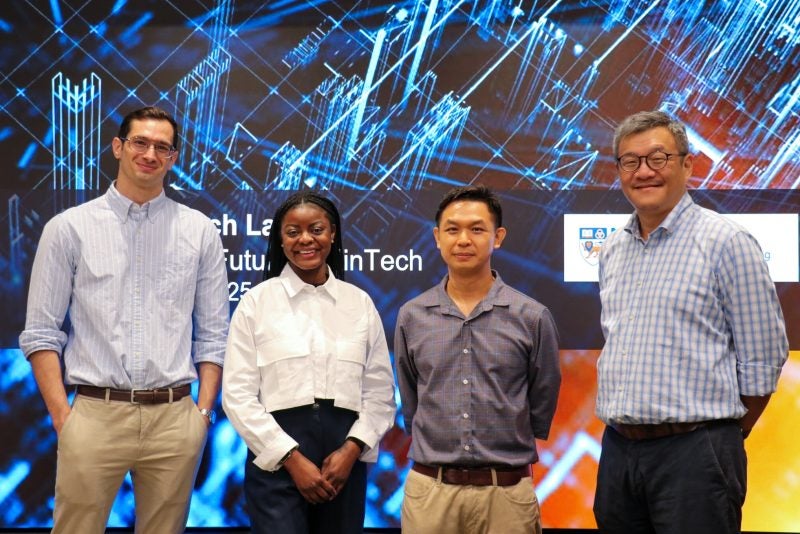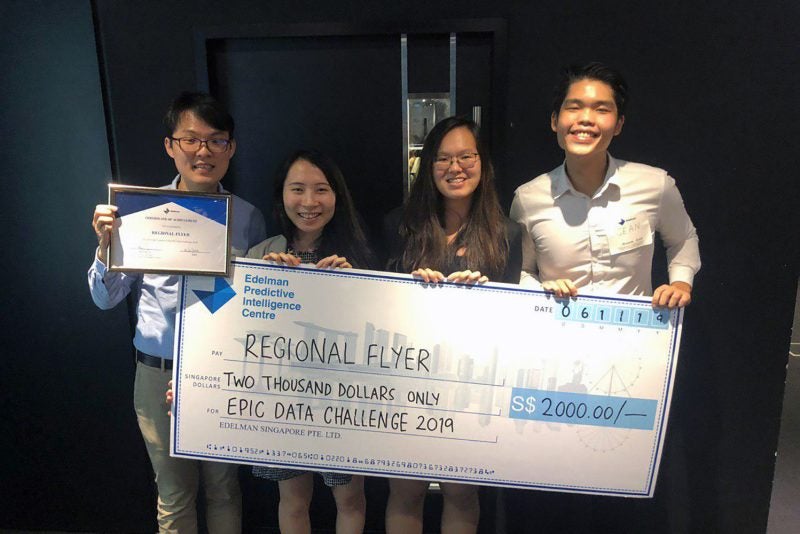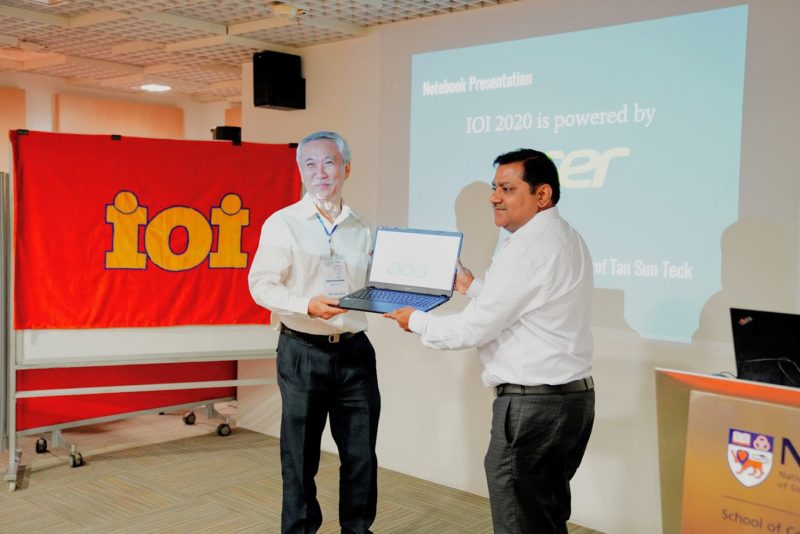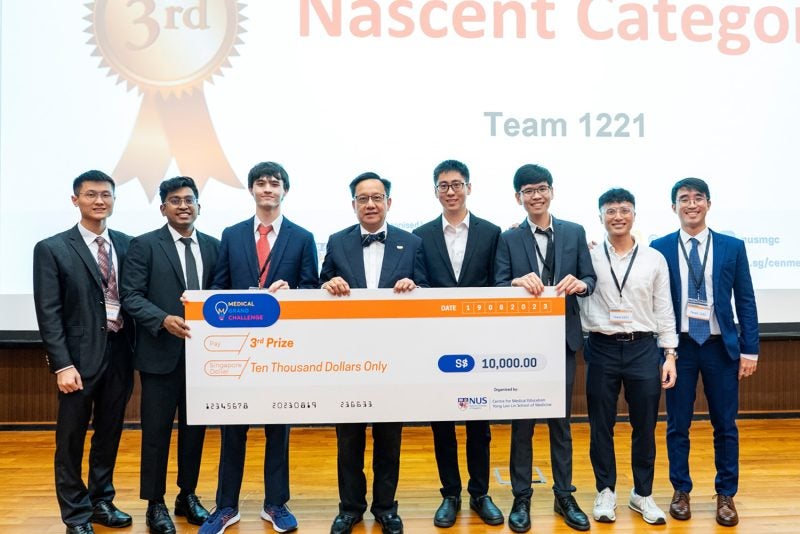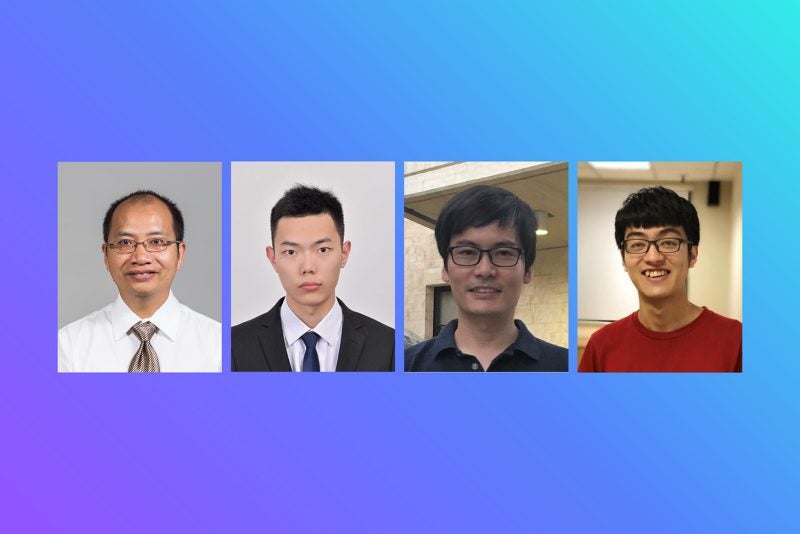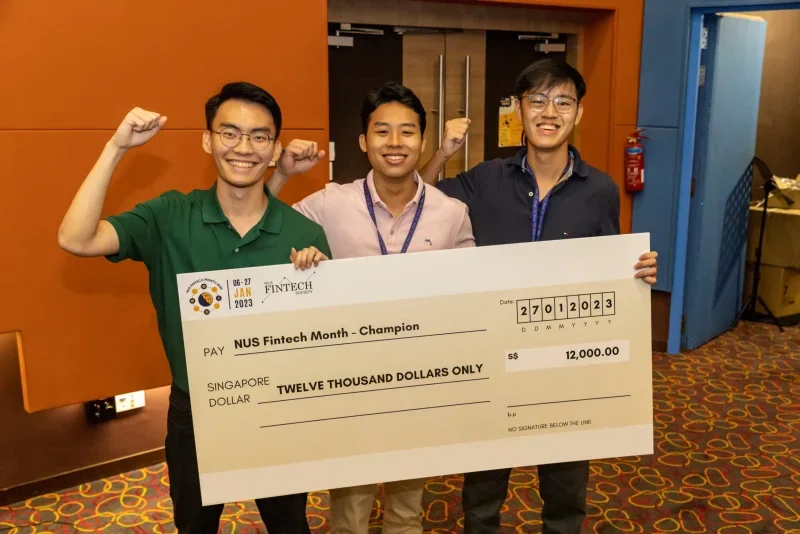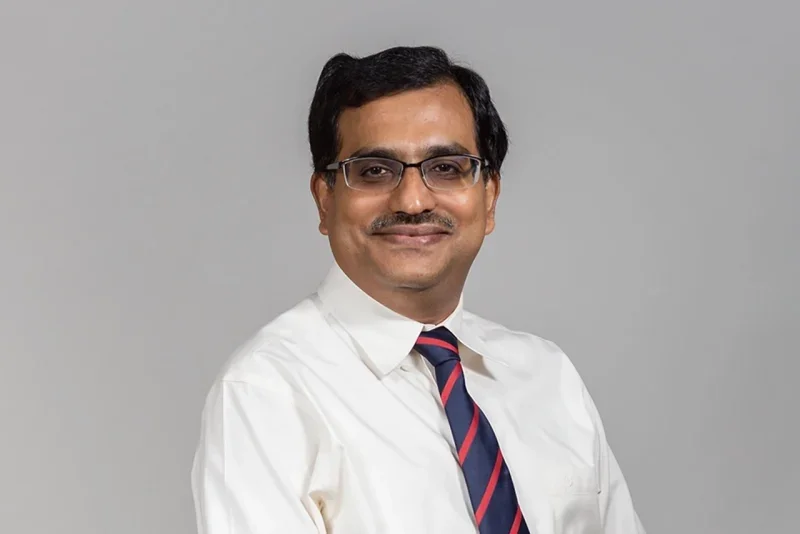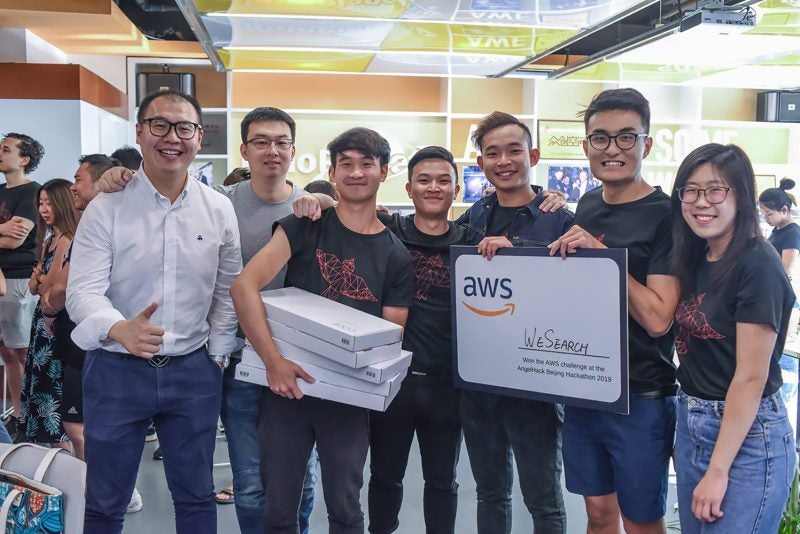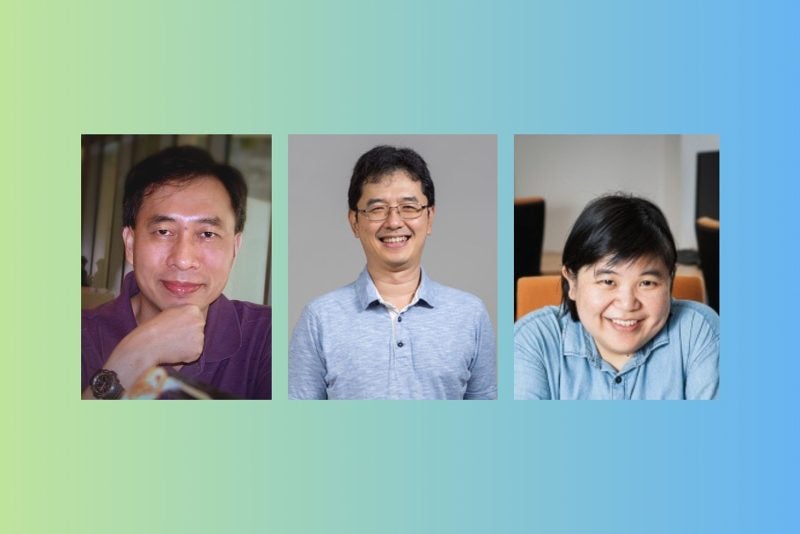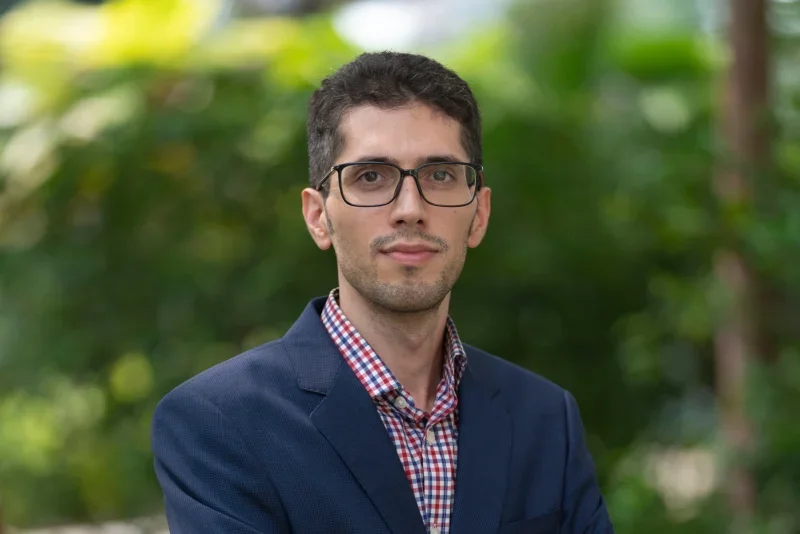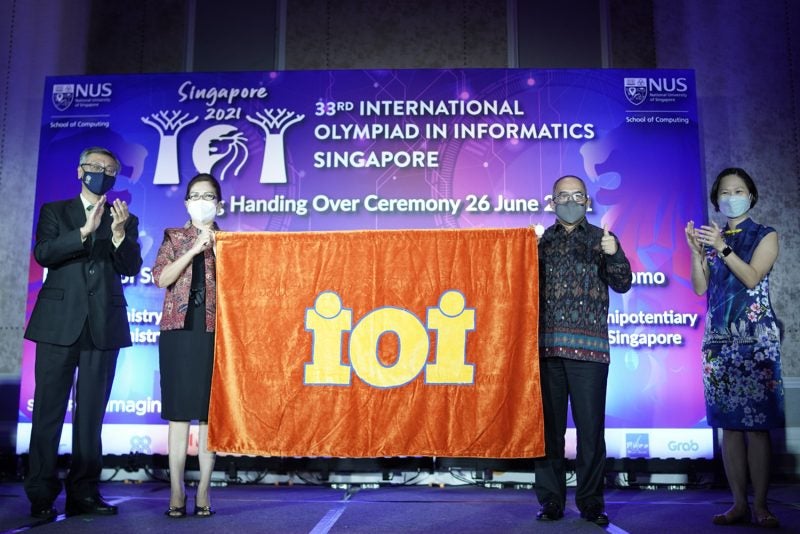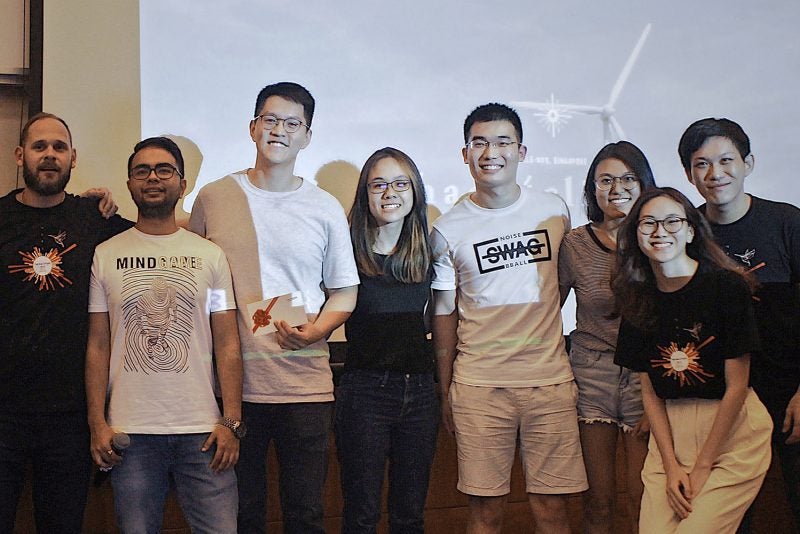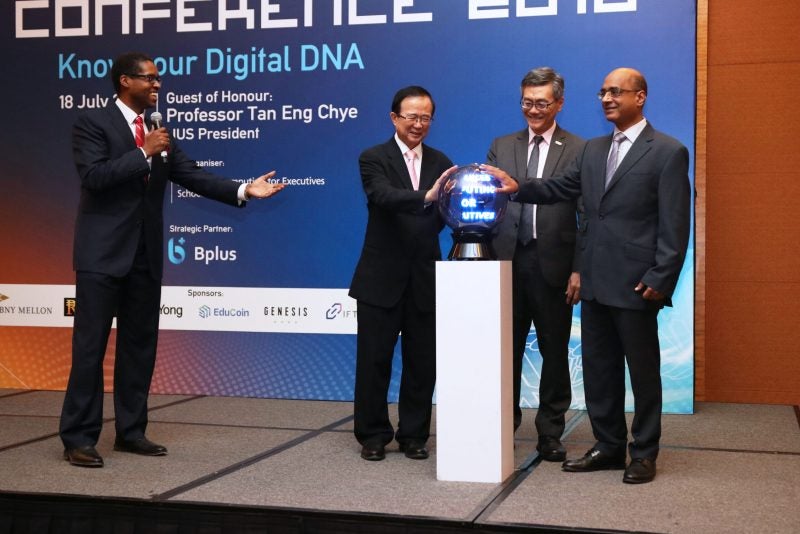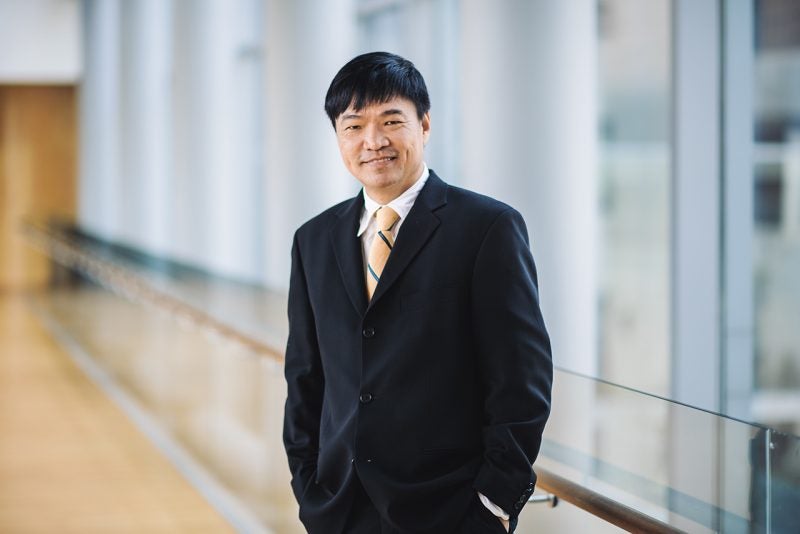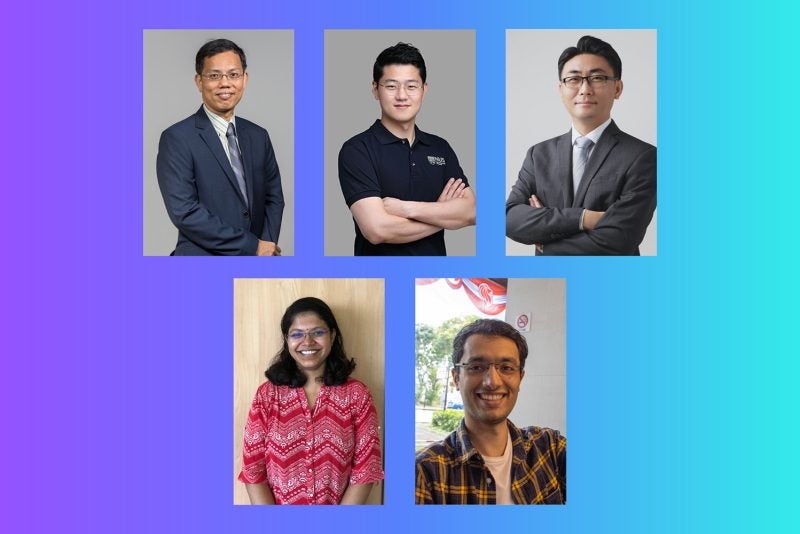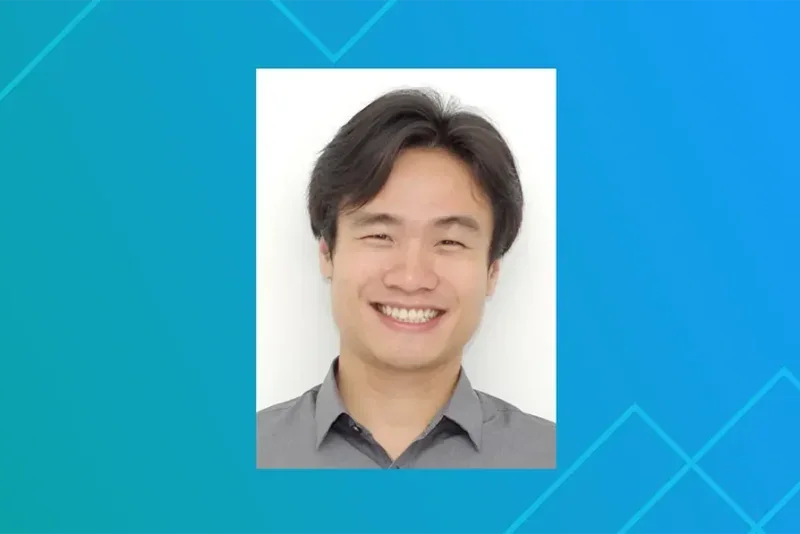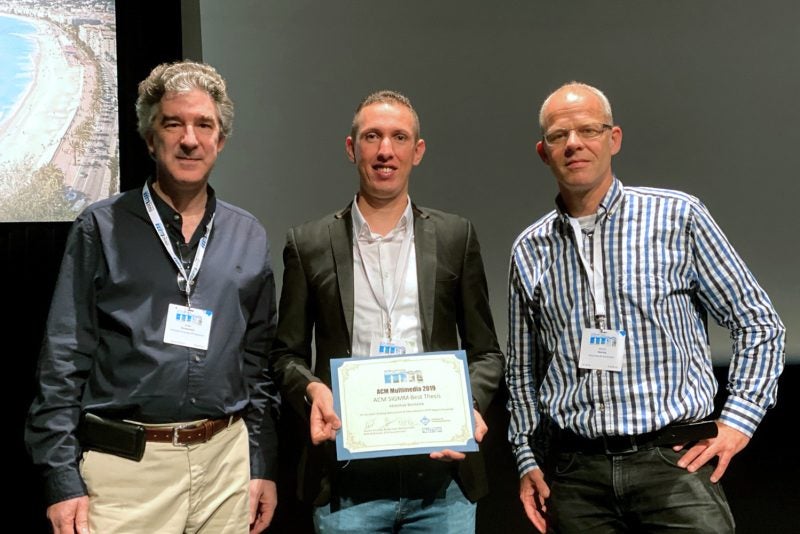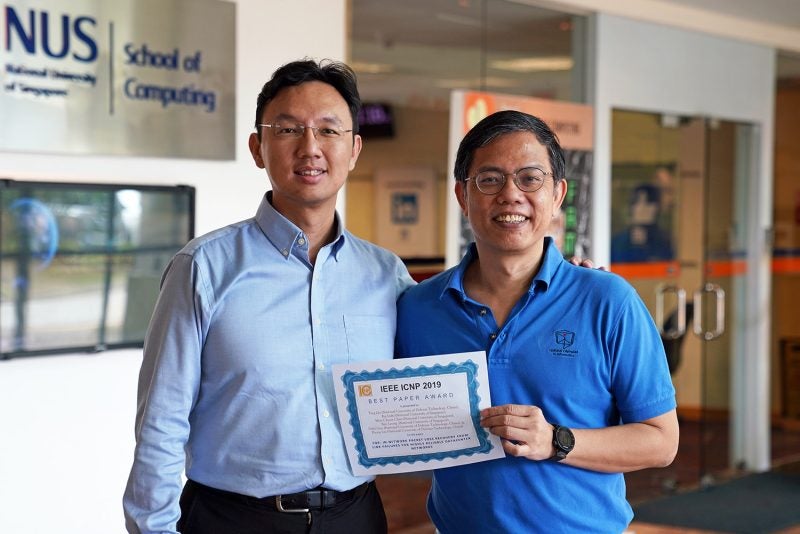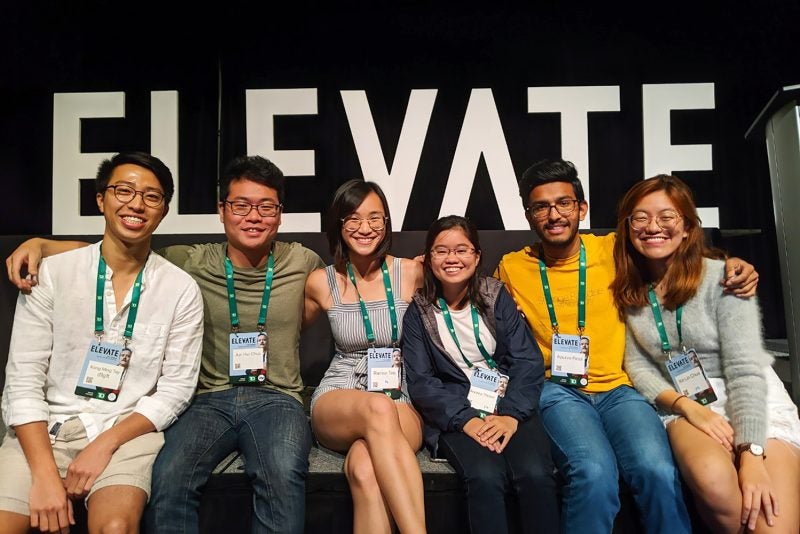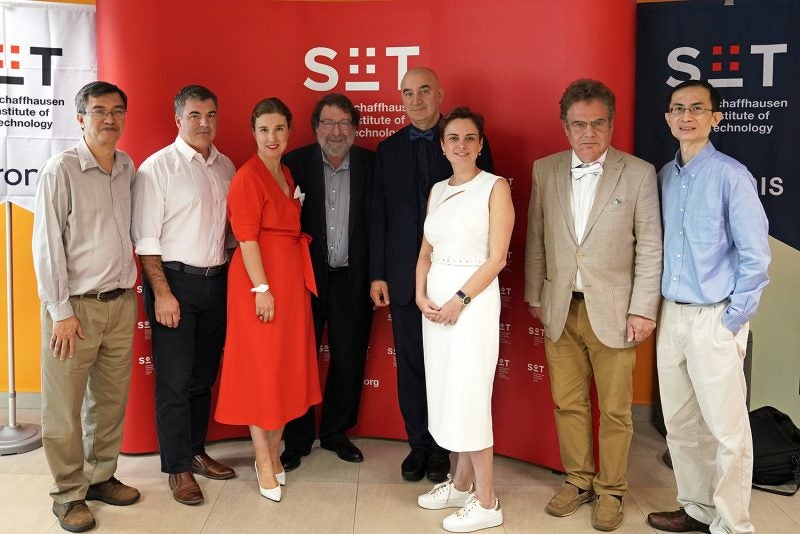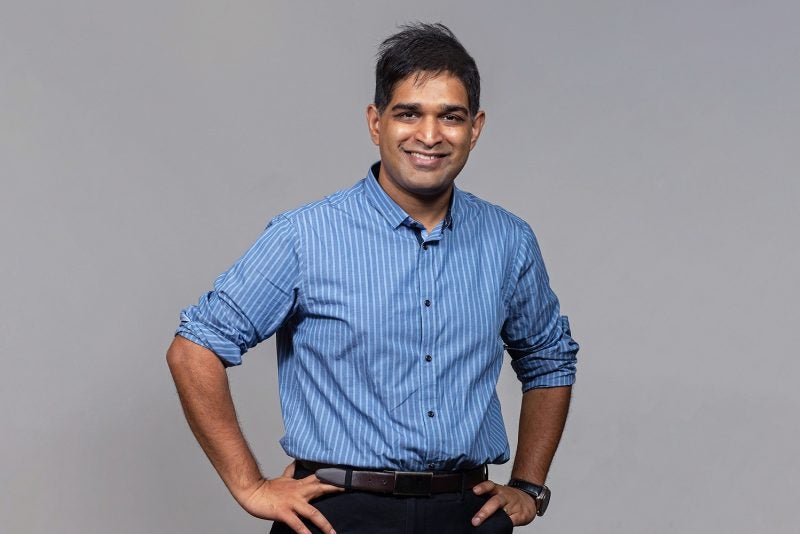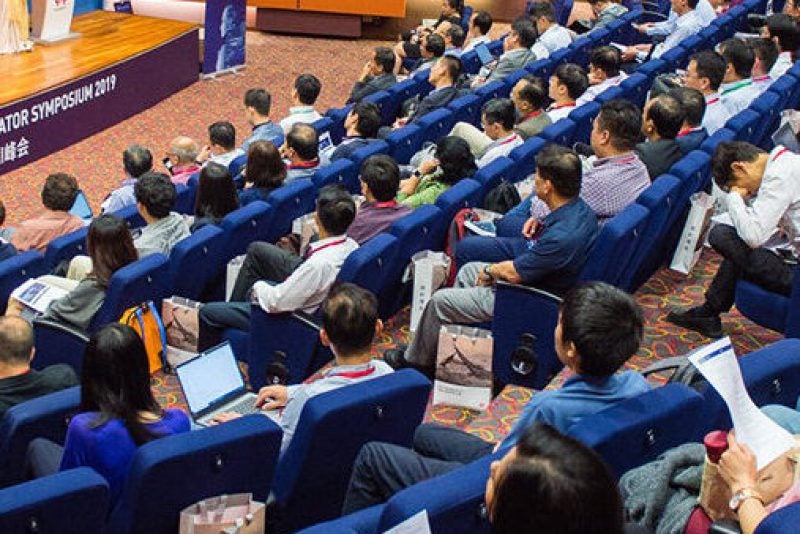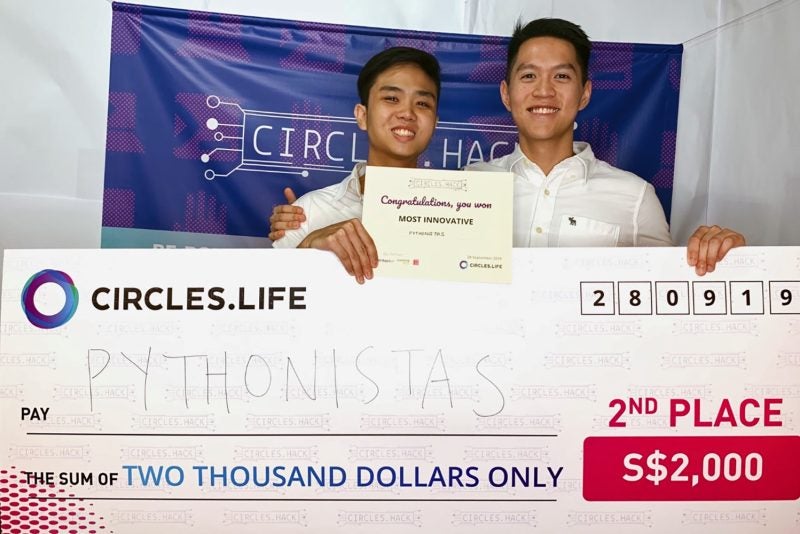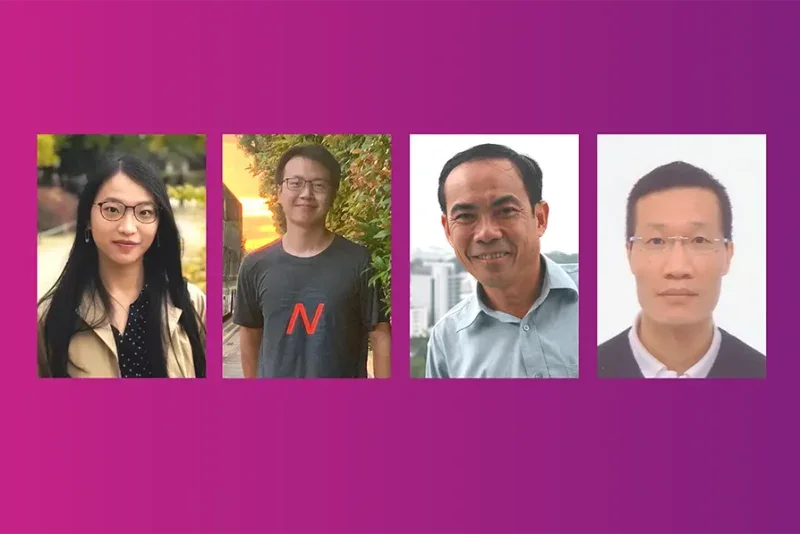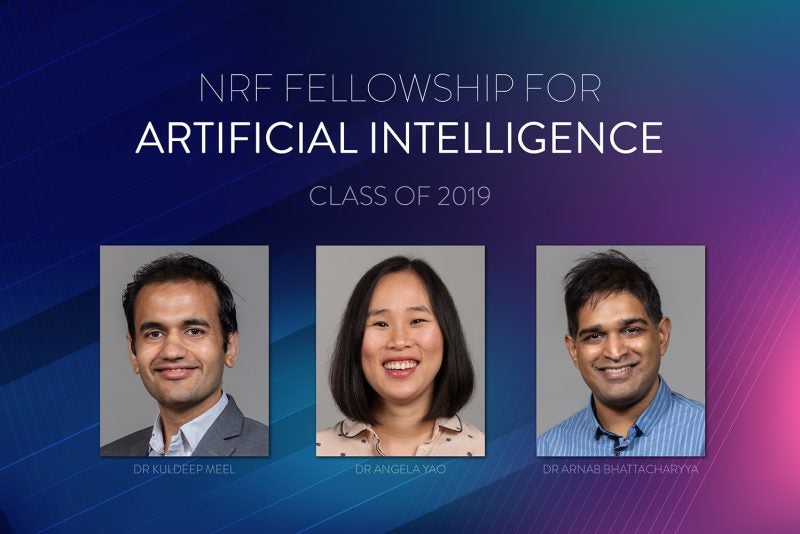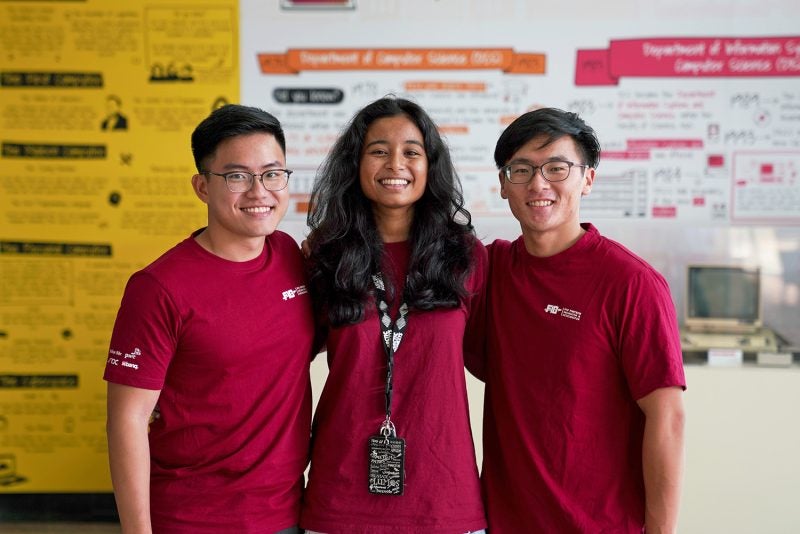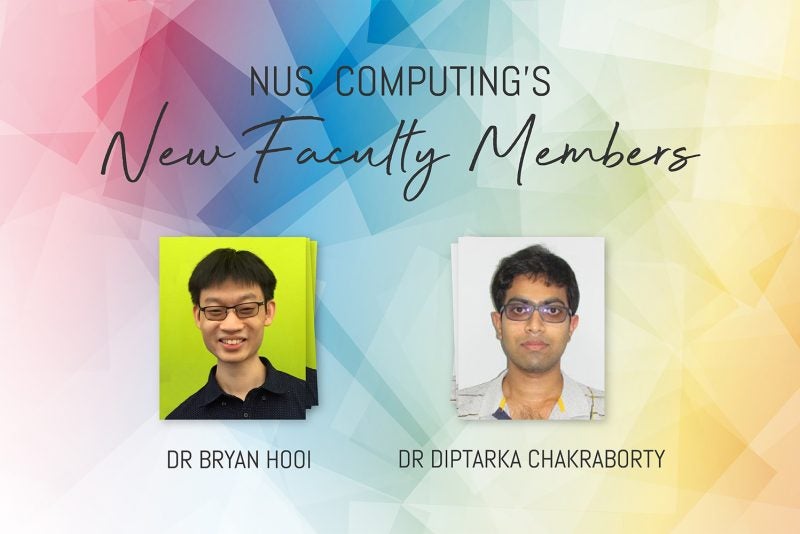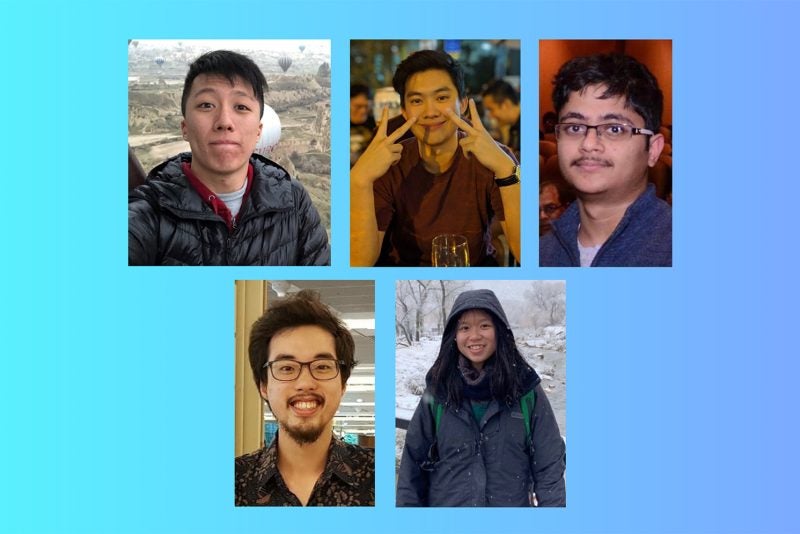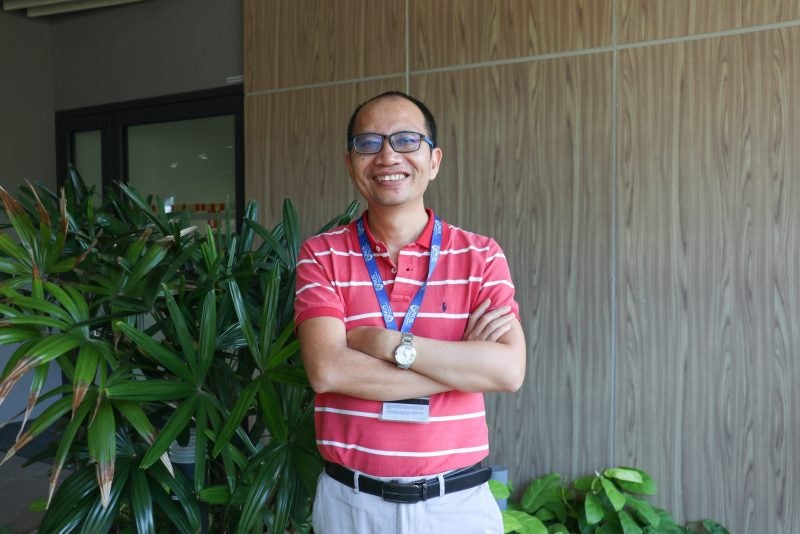2 October 2019 – Final-year Business Analytics student Neo Ann Qi and her teammates were named winners of the McKinsey Digital Challenge – one of 12 challenges presented – at the Stockholm Tech Festival Hackathon 2019 held from 7 to 8 September in Stockholm, Sweden.
More than 800 women took part in Europe’s largest hackathon for women. A wide range of women-related issues were presented as challenge statements at the hackathon – these include finding ways to inspire girls to code, women’s health issues, and helping women founders secure venture capitalist funding. Ann Qi, currently in Stockholm for a year-long NUS Overseas Colleges (NOC) programme, teamed up with her NOC batchmates Carina Lim (Industrial Design, Year 3), Alexia Tok (Biomedical Engineering, Year 3), and Fang Wen (Chemistry, Year 3) to compete in the challenge.
The NOC team was one of six teams that chose the McKinsey Digital Challenge on menopause – where teams were tasked to develop an innovative product, service, or campaign that tackles the challenges and social stigmas surrounding menopause. One of the key issues Ann Qi and her teammates discovered was the lack of awareness women had towards menopause. The team found that most women did not know what to expect or how to manage the effects of menopause in their daily lives. “We found that most women do not know how to manage their symptoms when they are at work,” said Ann Qi. “This would affect their productivity and in turn affect the company’s performance. Furthermore, we also found that most companies do not know how to address or handle such problems. As such, our team chose to help companies acknowledge that menopause is a natural process and to teach them how they can manage such situations.”
To do so, Ann Qi and her team came up with Eggfree, a workshop vendor that conducts experiential learning workshops to create awareness for the issue and to spark conversations about menopause. These workshops will teach companies about the common symptoms women undergoing menopause would face – such as using a heated chair to people understand what hot flashes feel like or to teach women targeted yoga exercises that would help reduce the discomfort they feel.
“We received positive feedback from our idea as many people agreed that menopause is a life experience people tend to neglect. In school, students will be educated on how puberty affects them. However, as we grow old, we are no longer taught about bodily changes we will encounter as we age,” said Ann Qi.
One key difference between the team’s solution and existing solutions is the team’s emphasis to involve people of all ages and genders and not just the women who are undergoing menopause. “Most of the current solutions out there revolve around creating an app for women to manage their symptoms. However, we want to ensure that everyone is educated because menopause can affect family, friends and colleagues of women suffering from it. When we open up the issue to everyone, it helps to normalise the issue and reduce stigma,” Ann Qi explained.
“Our solution also gave me a broader view on how we can solve problems. As frequent hackathon participants, we are usually primed to think of technology-based solutions – like machine learning, mobile and web apps – in our ideas. However, technology is anything that helps simplify our lives and it can also come in the form of a workshop or a research project. This hackathon experience taught me that there can be more than one way to solve problems,” Ann Qi added.

